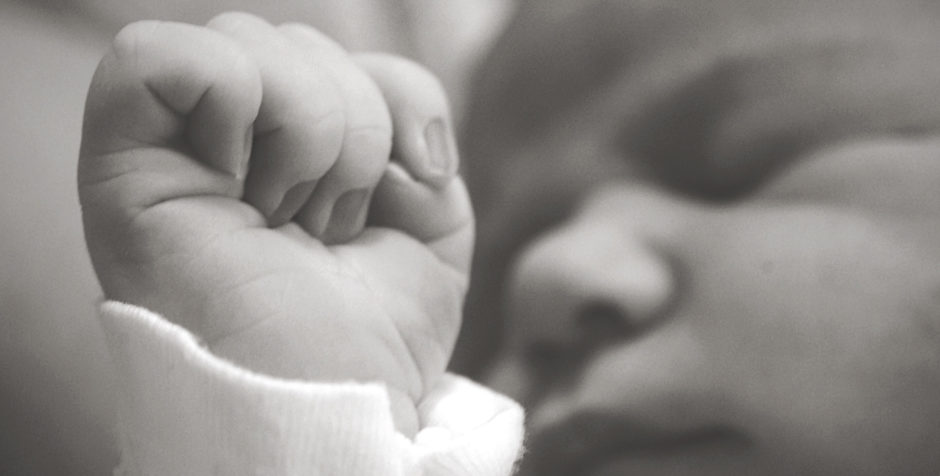HHS and Safeguarding the Sacred Right of Conscience
Today, the U.S. Department of Health and Human Services has taken a significant step in protecting the conscience rights of medical professionals. In a proposed rule, “Protecting Statutory Conscience Rights in Health Care; Delegations of Authority,” HHS has announced the critical need to “ensure that persons or entities are not subjected to certain practices or policies that violate conscience, coerce, or discriminate, in violation of such Federal laws.”
This is most welcome news, especially on the very day that thousands of individuals are marching in Washington, D.C. to celebrate the Gospel of Life.
For years, the ACLJ has been fighting for the rights of medical professionals to practice their profession in accordance with their moral and pro-life beliefs. We have represented doctors, pharmacists, nurses, emergency medical technicians, and medical office employees, who have been fired for refusing to violate their conscience with respect to abortion and the sanctity of human life.
To this day, the right to conscience continues to be undermined by state and local governments, as well as public and private employers. They do so by insisting that medical professionals either facilitate access to morally objectionable procedures, such as abortion, or give up their job entirely. According to this wrong-headed and ideologically-warped mentality, personal conscience is something that can be left at home, with no role to play in the context of delivering health care services: doctors should be willing to perform abortions, pharmacists must fill prescriptions for abortion-inducing drugs, nurses ought to assist in assisted suicide.
Today’s proposed rule will help ensure that federal laws that protect the conscience rights of medical professionals will be followed and, when necessary, enforced. Some of these more notable federal statutes include:
• The Church Amendments, which provide conscience protections related to abortion, sterilization, and certain other health services to participants in programs funded by HHS.
• The Coats-Snowe Amendment, which provides conscience protections for health care entities related to abortion provision or training, referral for such abortion or training, or accreditation standards related to abortion.
• The Weldon Amendment, which provides that “[n]one of the funds made available in this Act may be made available to a Federal agency or program, or to a state or local government, if such agency, program, or government subjects any institutional or individual health care entity to discrimination on the basis that the health care entity does not provide, pay for, provide coverage of, or refer for abortions.”
Though these laws have been on the books for decades (the Church Amendments were first adopted in the 1970s, in the wake of Roe v. Wade), federal courts have rejected a “private right of action” under those statutes, meaning that medical professionals could not sue an entity for violating any of these legal provisions. In other words, these important laws protecting the right to conscience have largely been toothless.
Today’s proposed rule reveals how HHS will make certain that these statutes, and the legal safeguards they afford, will not be ignored:
First, certain recipients of financial assistance from HHS will be required to “notify individuals and entities who are protected under the Federal health care conscience and associated anti-discrimination laws (such as employees, applicants, or students) of their rights” of conscience as protected by those laws. Given the widespread ignorance of these anti-discrimination laws, such educational measures will be critical in informing medical professionals of their statutorily protected rights.
Second, recipients of such funding will be required to certify to HHS that they are, in fact, in full compliance with relevant conscience laws. This, too, is of critical importance. It is not enough for recipients of federal funding merely to be aware of these provisions. If these laws are to have the binding authority they deserve, there must be an acknowledgment that they are being obeyed.
Third, the proposed rule sets forth the manner in which HHS will investigate and enforce violations of federal laws that protect conscience. As Roger Severino, the Director of HHS’s Office of Civil Rights, said today:
Conscience protection is a civil right guaranteed by laws that too often haven’t been enforced. Today’s proposed rule will provide our new Conscience and Religious Freedom Division with enforcement tools that will make sure our conscience laws are not empty words on paper, but guarantees of justice to victims of unlawful discrimination.
As we recently pointed out in amicus briefs filed in support of the Administration’s rule granting exemptions from the HHS abortifacient-pill mandate, our country has a longstanding history of preserving and protecting the sacred right of conscience. The ACLJ therefore welcomes and applauds the efforts of the Administration to safeguard that right through today’s proposed rule. We will file formal comments with HHS fully supporting the rule and its objectives.
